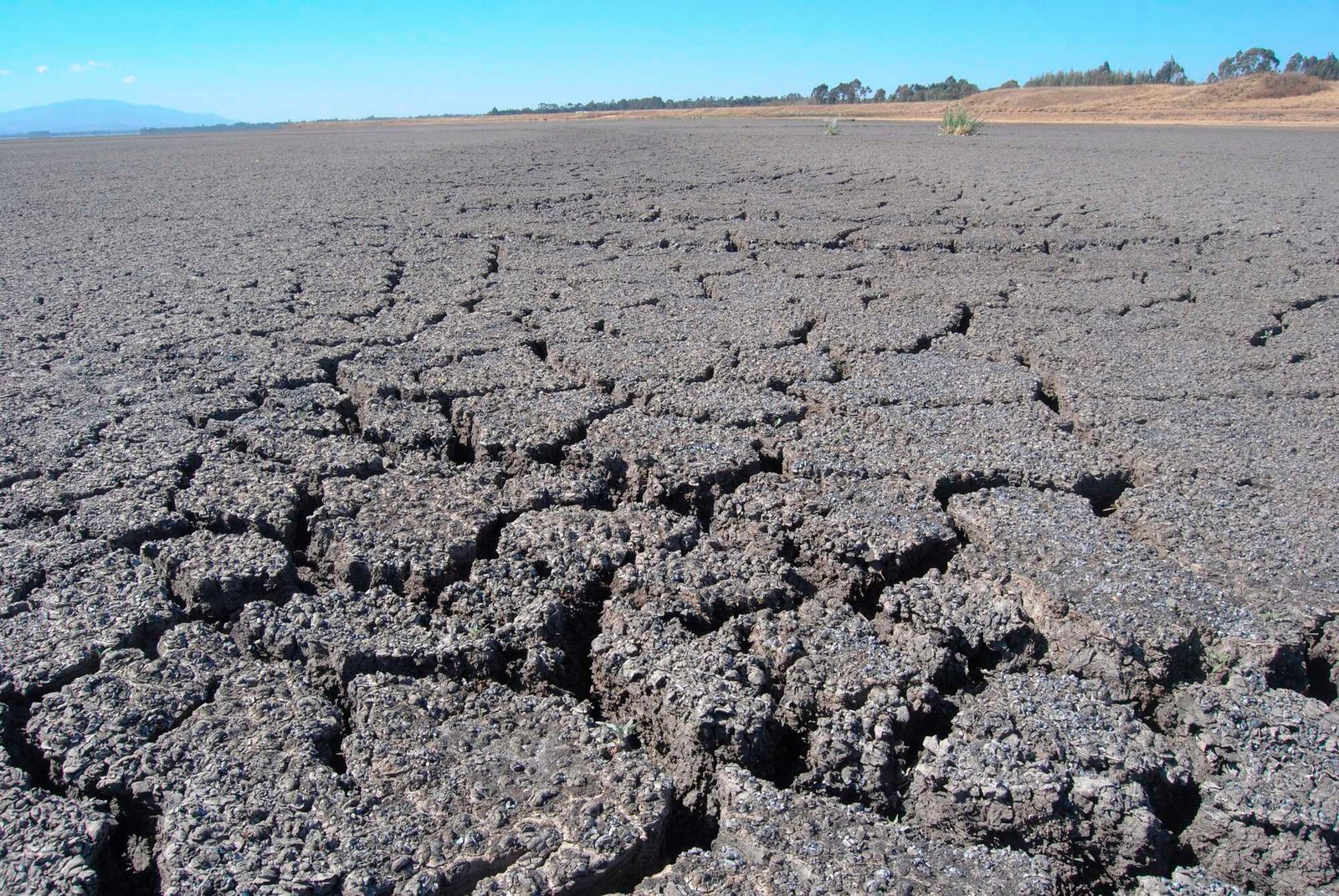[ad_1]

Investors are choosing digital applications and solar power solutions over crucial water and temperature technologies that could protect East Africans from the impacts of climate change, says a study, highlighting challenges in mitigation and adaptation programmes.
The report blames these preferences on absence of laws and lack of awareness among investors about the severity and urgency of the climate crisis in East Africa.
Also coming in for blame is absence of reliable information on the returns and risks associated with climate-related investments in East Africa.
“It was clear throughout our research for this report that investment opportunities and tools exist, but that communication and knowledge sharing are critical to accelerate their uptake in climate engagement across Africa,” said Allan Kamau, managing director of Weber Shandwick East Africa, which conducted the research jointly with the African Venture Philanthropy Alliance and Geopoll.
Read: Are we on our own in the fight against climate shocks?
The study focused on Kenya, Uganda and Ethiopia, which also face financial distress and limited capacity for adaptation.
Last year, Africa’s annual climate finance needs amounted to $277 billion, surpassing the total aid spending of $204 billion by donors worldwide.
However, foreign direct investment into developing countries reached $1.4 trillion, demonstrating the potential of private investment to contribute significantly to climate finance.
In the past three years, East Africa has suffered severe drought, the largest locust swarms for generations, flooding, and surging human, animal and crop diseases, with over 60 million people having been pushed into poverty, starvation and disease due to higher temperatures.
According to the researchers, sectors most impacted by climate change are agriculture, health and infrastructure.
The study identified high-impact technologies such as low-cost nets for capturing water supplies from the air, new soil additives that retain long-term soil moisture, road surfaces made from recycled plastic wastes to prevent road damage, and paints and surfaces that reduce heat in homes.
As the world prepares for the COP28 climate conference this November, which has emphasised the need for adaptation funding for Africa, research indicates that private investors are focused on reducing Africa’s carbon footprint.
Read: Climate negotiators gather in Kenya for COP28 plot
On the other hand, innovations that aim to mitigate the adverse effects of climate change – such as rising temperatures, water scarcity and extreme weather conditions – are “primarily reliant on piecemeal funding from philanthropists, highlighting a gap in systematic investment towards climate adaptation in Africa,” added the report.
The report urges increased investment in countering climate change in East Africa, which is currently experiencing severe environmental degradation and extreme weather events.
[ad_2]
Source link



